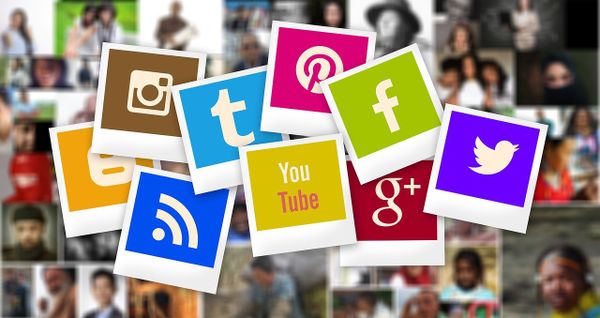More than 12 Data Points are Publicly Available on 60% of Internet Users

With more than half the world now using social media and internet traffic increased 30%, new digital behaviors adopted during the coronavirus lockdown continue to reshape the digital landscape.
Consumers worldwide shifted to online services, with more than 346 million people creating new digital identities over the past year.
Is the digital population handing out ‘freebies’ to cybercriminals?
According to Bitdefender’s Digital Identity Protection service, 40.65 percent of users have between two and 11 personal data entries exposed online, and nearly 60 percent have more than 12 data points publicly available.
Our digital identities are comprised of a series of data points we leave behind when accessing the internet – the websites you visit, accounts and profiles, posts and comments on social media platforms such as Facebook and Instagram.
Our digital identity has become one of the most valuable assets in cyberspace, and every piece of personal data can be potentially monetized – not just for retail purposes.
Underground marketplaces flourish on stolen personal information from data breaches. But, more often, cybercriminals and scammers scour social media platforms for careless exposure of personal data that can be used in an attack.
Here are the top trends in online exposure per data entry point:
• 19.79% for home or physical address
• 17.05% for gender
• 13.30% for names
• 11.85% for URLs
• 9.21% for jobs
• 7.32% for usernames
• 6.53% for dates of birth
• 5.45% for email addresses
• 5.44% for education
• 2.24% for phone numbers
Oversharing information such as your home address, phone number, and workplace via social media can bring serious repercussions. While the information you share may seem harmless at first, cybercriminals strive to collect as much about you as possible in the reconnaissance phase of an attack.
Their main goal is to dupe you into accessing a malicious link or providing sensitive information such as credit card and Social Security numbers.
Scammers may also single you out as a potential victim based on how they see your digital profile. The more you share online, the better a target you become.
The data breach pandemic
Harvesting publicly available information can prove time-consuming for scam artists and fraudsters. Luckily for them, a fresh batch of leaked personal identifiable information (PII) from data breaches is always up for grabs on the dark web.
Bitdefender’s telemetry has also picked up a troubling trend on the extent of users’ exposure to data breaches. An in-depth analysis of the Digital Identity Protection community revealed that over half of all users (51.66 percent) appeared in one to five data breaches since 2010.
Additionally, 26.69 percent of users have had personal information exposed in six to 10 data breaches, while 21.62 percent have experienced more than 10 data breaches in the past decade.
With work-from-home becoming the new normal in many industries, cybersecurity and privacy concerns for businesses and individuals have surged, suggesting a lack of consumer awareness, employee training and security measures.
Protecting personal and financial information has become a cumbersome 24/7 job with no bulletproof strategies to withstand the sheer expansion of digital threats. The pandemic has proved to be the most significant facilitator of cybersecurity threats and attacks leveraging people’s fears and vulnerabilities.
Criminals are actively using the global crisis to commit fraud and identity theft. According to an FTC report, Americans have lost more than $153 million in fraud related to COVID-19 so far this year. Additionally, impersonation scams cost UK consumers a whopping £58 million within the first six months of 2020.
Although there is no magic bullet or software that can fully protect us from crime related to data breaches and identity theft, good cyber hygiene practices can go a long way in fighting online risks.
Since we often expose our personal information freely on social media platforms, it may be time to start making more privacy-driven decisions for our future digital endeavors.
Going entirely offline is not a viable option, but you can take steps to minimize your digital footprint exposure and limit the chances of becoming another identity-theft statistic.
If you don’t know where to start, we can assist you with real-time insights into the extent of your data exposure.
tags
Author
Alina is a history buff passionate about cybersecurity and anything sci-fi, advocating Bitdefender technologies and solutions. She spends most of her time between her two feline friends and traveling.
View all postsRight now Top posts
How to Protect Your WhatsApp from Hackers and Scammers – 8 Key Settings and Best Practices
April 03, 2025
Outpacing Cyberthreats: Bitdefender Together with Scuderia Ferrari HP in 2025
March 12, 2025
Streamjacking Scams On YouTube Leverage CS2 Pro Player Championships to Defraud Gamers
February 20, 2025
How to Identify and Protect Yourself from Gaming Laptop Scams
February 11, 2025
FOLLOW US ON SOCIAL MEDIA
You might also like
Bookmarks







